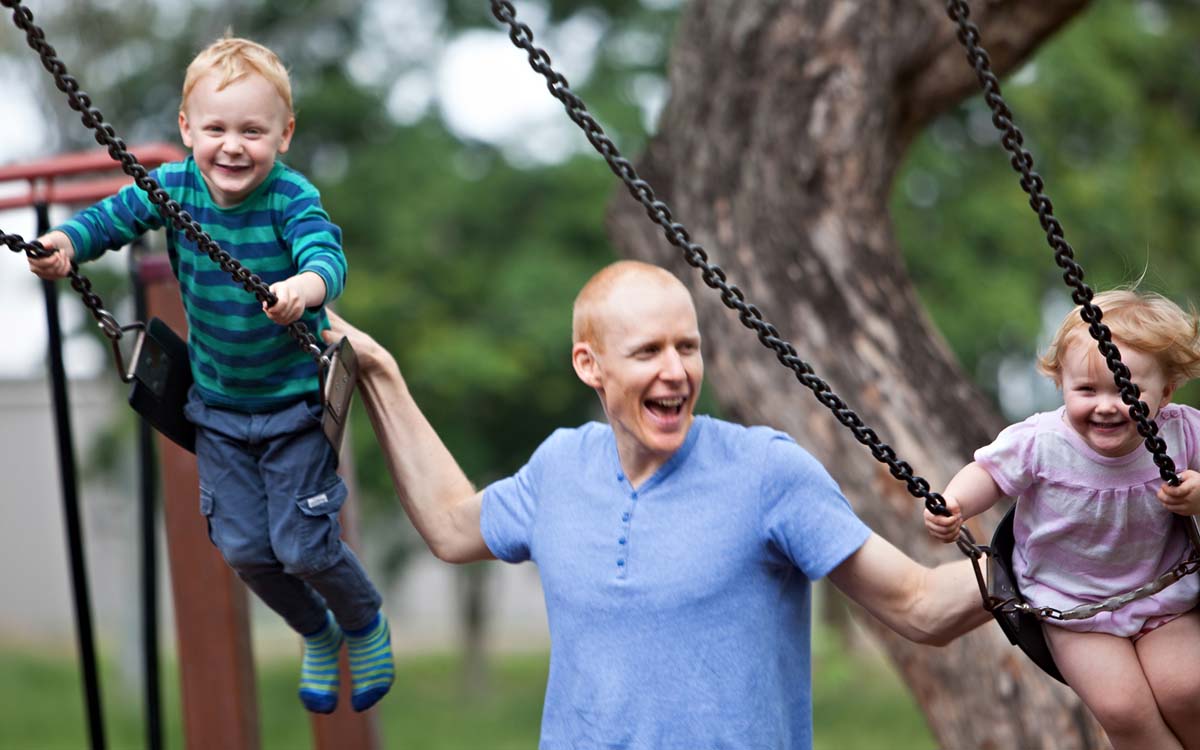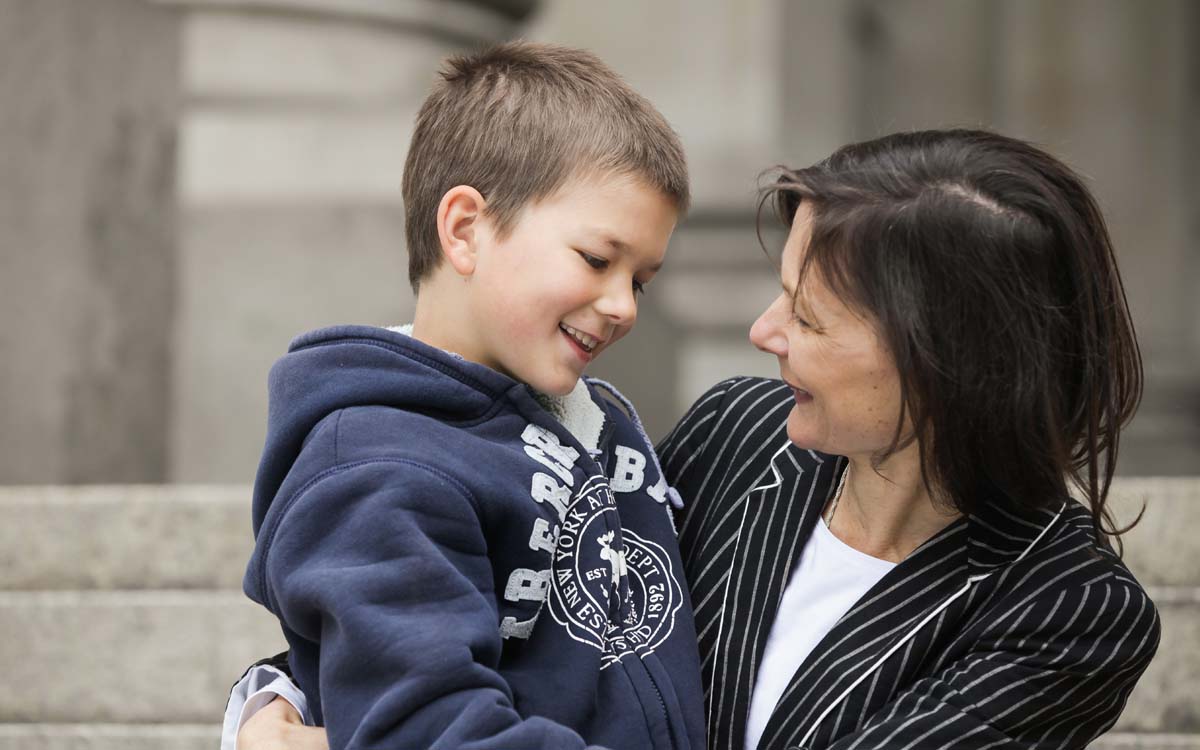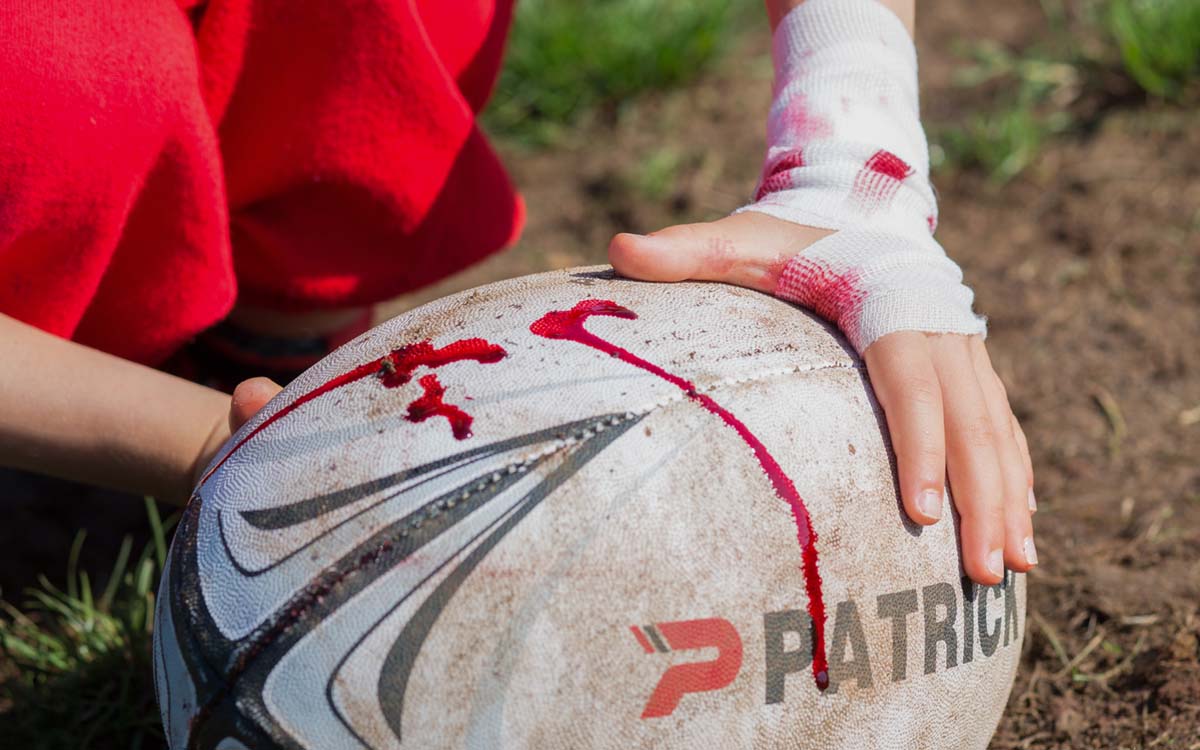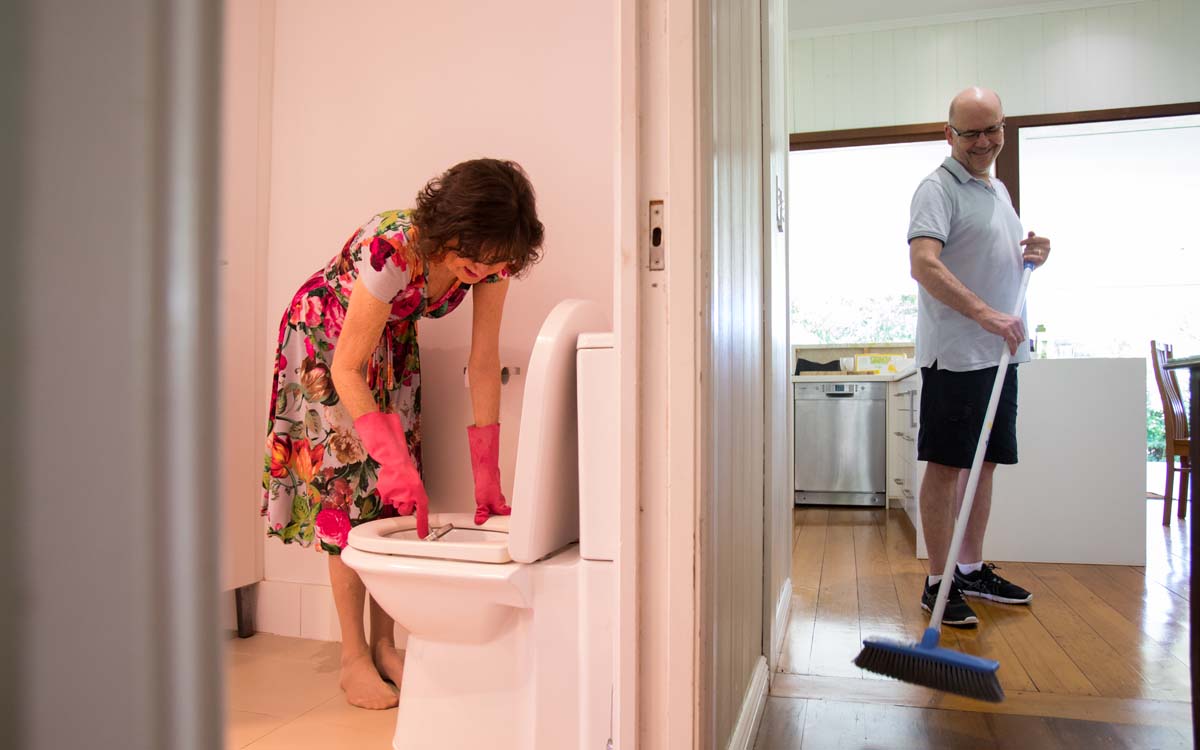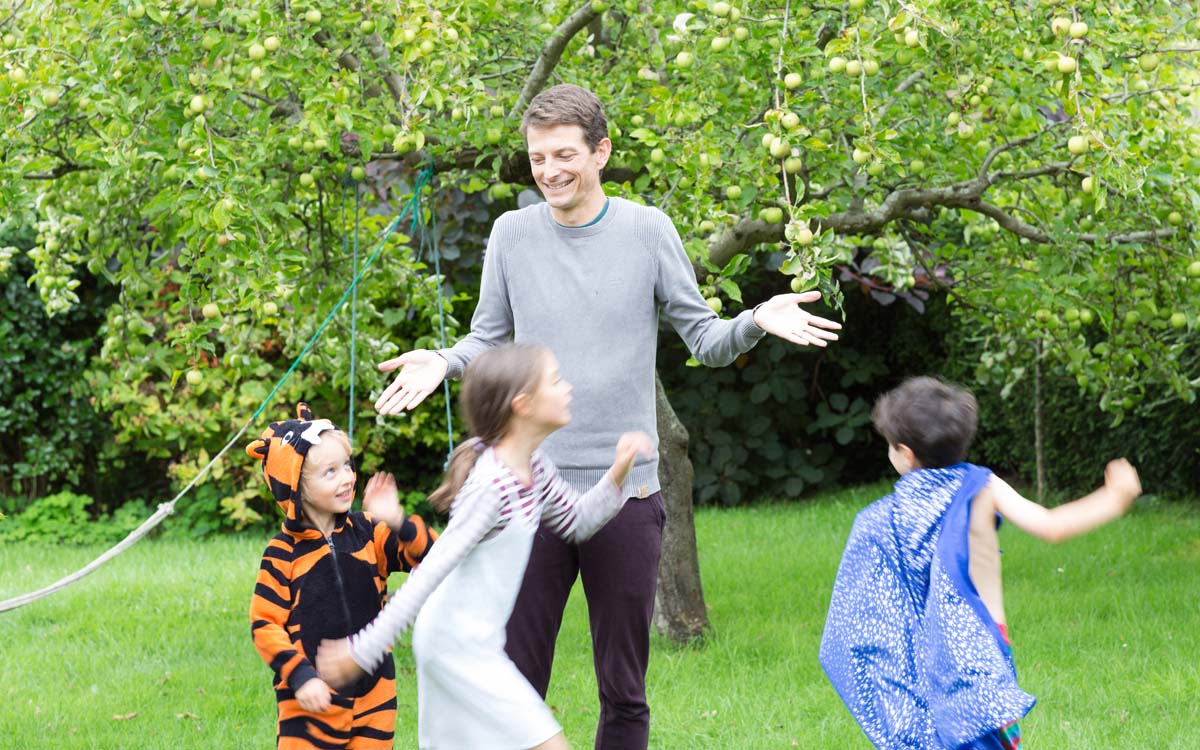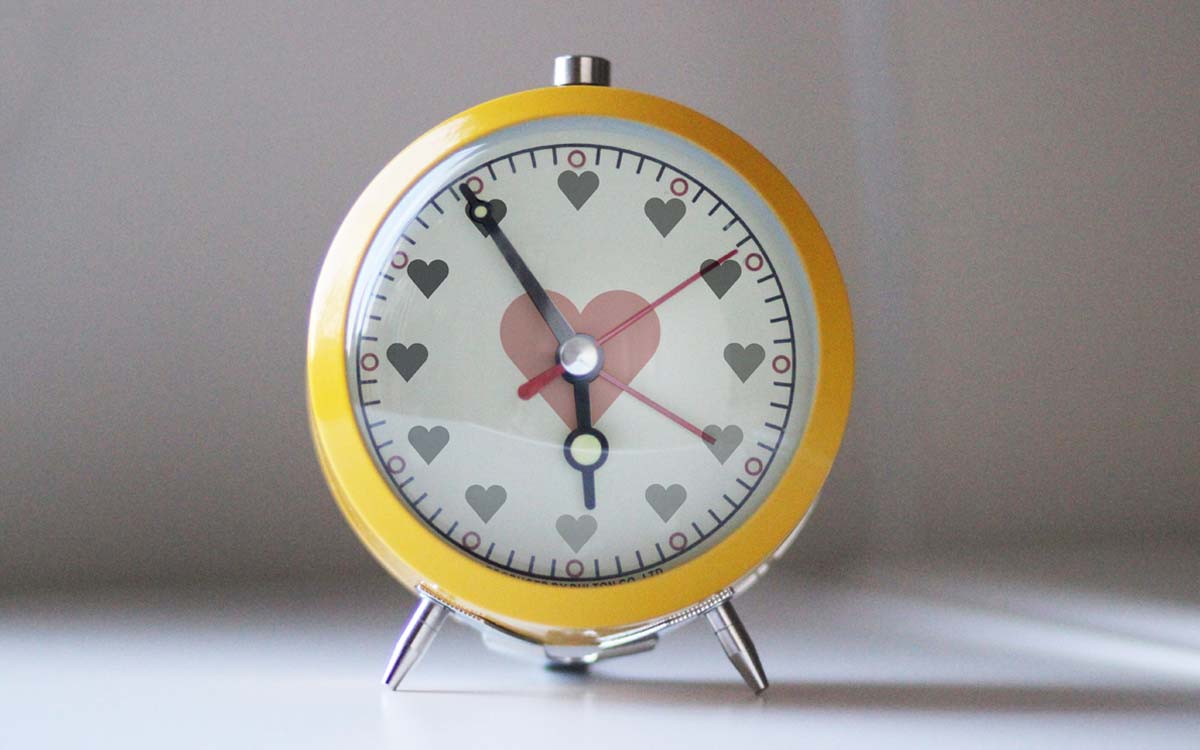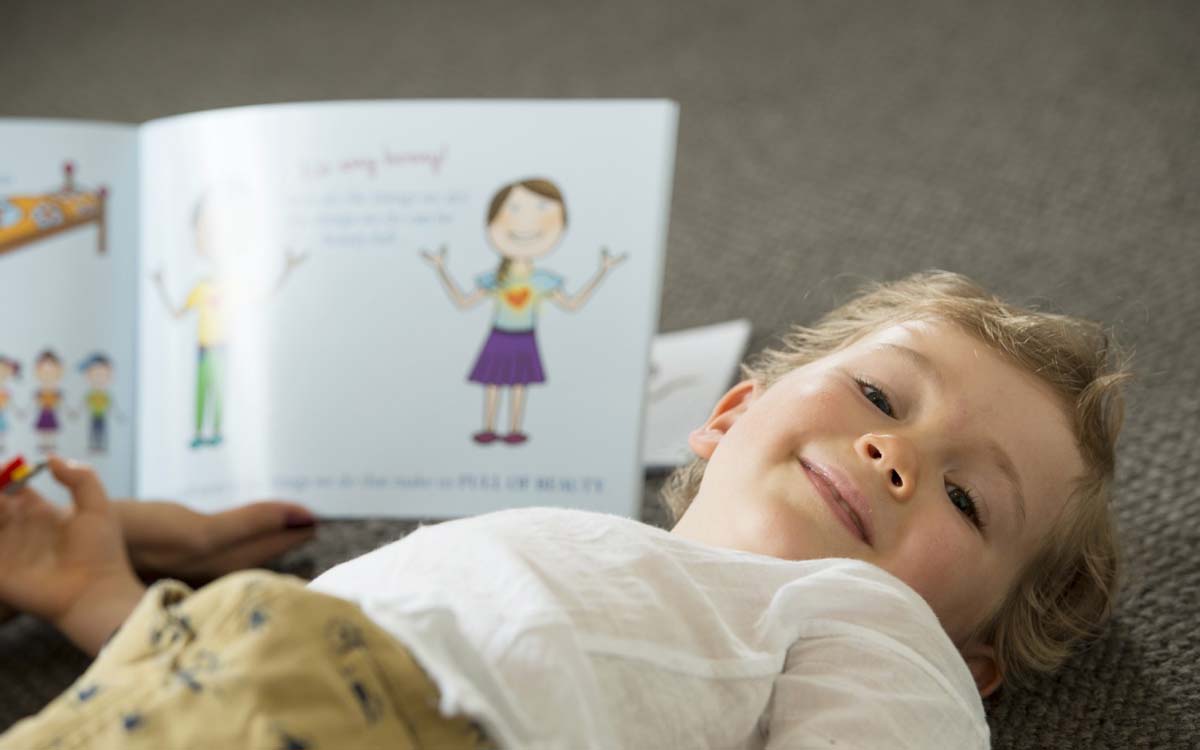School holidays are here. “Yippee!” say some parents. “Omg!” say many others as they start counting the sleeps until school goes back. Why the contrast?
School holidays are absolutely a time to rest from the daily routines of school, work and all that comes with the day-to-day demands of life. And while they can be filled with rest, outings, trips away, play dates and more, holidays can also be filled with ‘unstructured time’ — and lots of it. Unstructured time, change in the daily routine and free time are welcomed by many, but not by all.
An all too common story at Fabic is parents at their wits’ end, meltdowns occurring (from children and parents alike) and an overall unpleasant experience for all concerned due to the lack of structure that holidays can bring. At Fabic, we understand that all unwanted behaviour is preceded by anxiety, as clearly stated in the Body Life Skills Program.
The question then is: What is it about holidays that some may perceive they do not yet have the required skills to respond to? What is it about unstructured time, change in daily routine and free time that triggers people’s anxiety, thus triggering unwanted behaviours?
When a person’s life follows a routine, there is typically a sense of purpose to each moment as well as a clear expectation of what is expected from them now and next in their life.
Routines and structure allow for all to predict and thus feel equipped for what is in front of them and what is next.
Lack of structure, change in routine and free time typically are void of these clear expectations and sense of purpose.
Some people have developed the skills to bring clear structure to unstructured time, find a new routine when the previous routine is not current and bring a sense of purpose to their free time, where others have not. For some it is important that we offer the opportunity to develop these skills, remembering that every person has skills they are yet to develop.
Thus rather than embrace school holidays as an escape from day-to-day life, we could approach school holidays as a new-life classroom with many opportunities for life lessons ahead.
Tips for Getting through the Holidays
- Ensure everyone has a clear picture of what is happening now and next in their life.
- Support people to develop the skills to bring a sense of purpose to every moment.
- Holidays are a great time to learn life skills not typically taught in school. Think meal preparation, shopping, budgeting, scheduling, social skills etc.
- Teach people to understand the benefits of rest, supporting our body to be ready for the next day, week, year ahead.
- Use visual schedules to bring a new structure and routine to each day. At the beginning of the holidays collect a list of all the ‘to dos’ for the holidays but at the end of each day, bring a structure to what is on offer for the next day.
See below for an example of a visual schedule. It is recommended you create your own template to fill out with your children at the end of each day/week in preparation for the next day/week etc. This example provides structure and a sense of purpose to a previously unstructured day, providing all with the same picture.
Remember, there is a potential learning opportunity in every moment. Identifying and discussing what learning you can find in each activity brings a sense of purpose to each and every moment.
When people have a sense of purpose, there is absolutely no
time for issues to be created.
This article were originally published in the December 2016 Edition of Haven For Families Magazine.
|
TODAY WE WILL BE …. |
|---|
MORNING |
|
Free play until 10am
Some suggestions: Outside play, read books, art work, blocks, games with family, project work, puzzles.
|
MID-MORNING |
|
10am: Shops Activities to coincide with going to shops: Writing shopping list. Learning opportunities: organisation, planning, making decisions, sequencing etc. Getting to shops Learning opportunity: public transport, directions, maps and orienteering Activities to coincide with going to shops: Writing shopping list. Learning opportunities: organisation, planning, making decisions, sequencing etc. Finding items at shops Learning opportunity: learning order and organisation, reading maps/directions etc |
LUNCH |
|
Prepare meal together Activities to coincide with going to meal preparation: Choosing a recipe. Learning opportunity: decision making, planning, preparation, organisation, looking ahead (eg. have we got all we need?) Getting all ingredients and utensils Learning opportunity: planning, preparation, organisation etc Meal Preparation Learning opportunity: cooking and all that goes with cooking |
MID AFTERNOON |
LATE AFTERNOON |
EVENING |
|
Bed |
